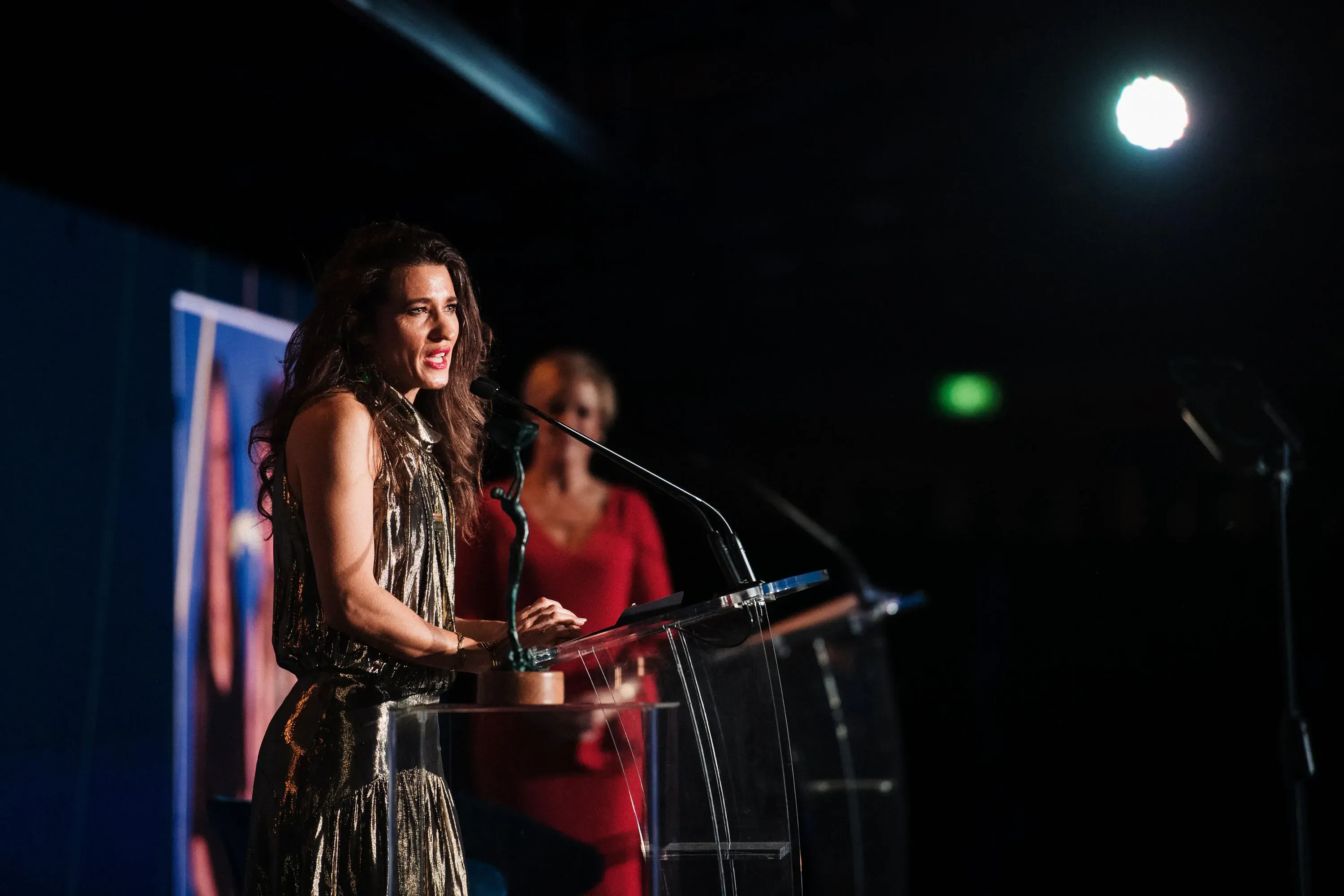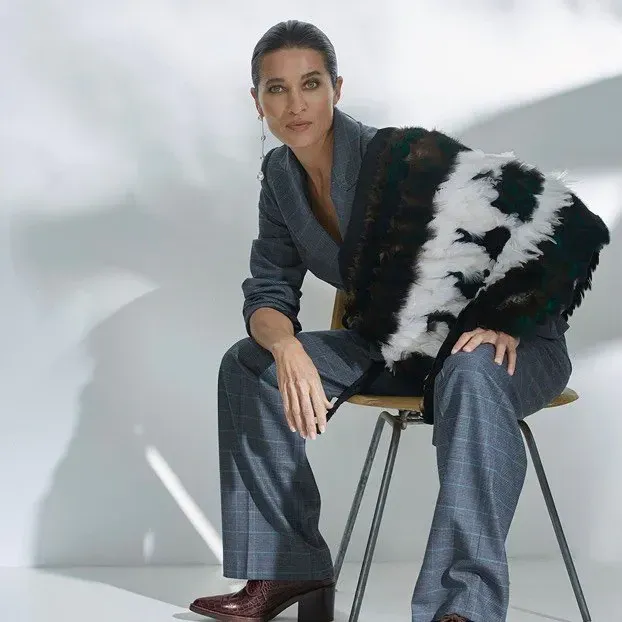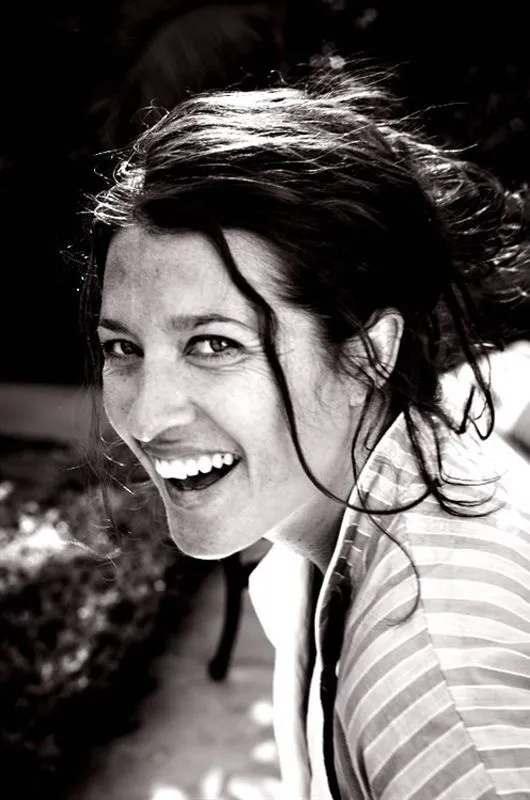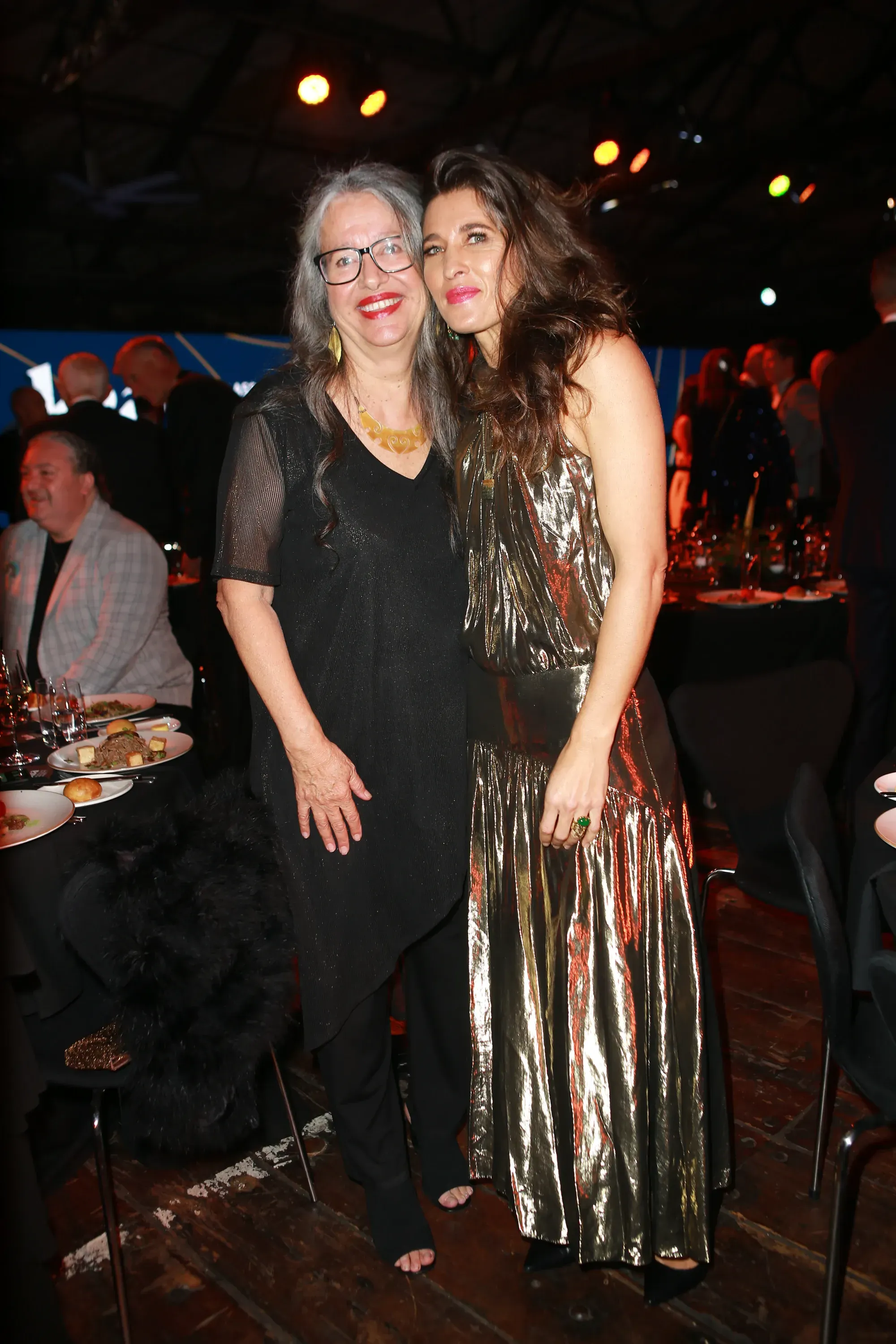The World According to Chelsea Winstanley
Written by
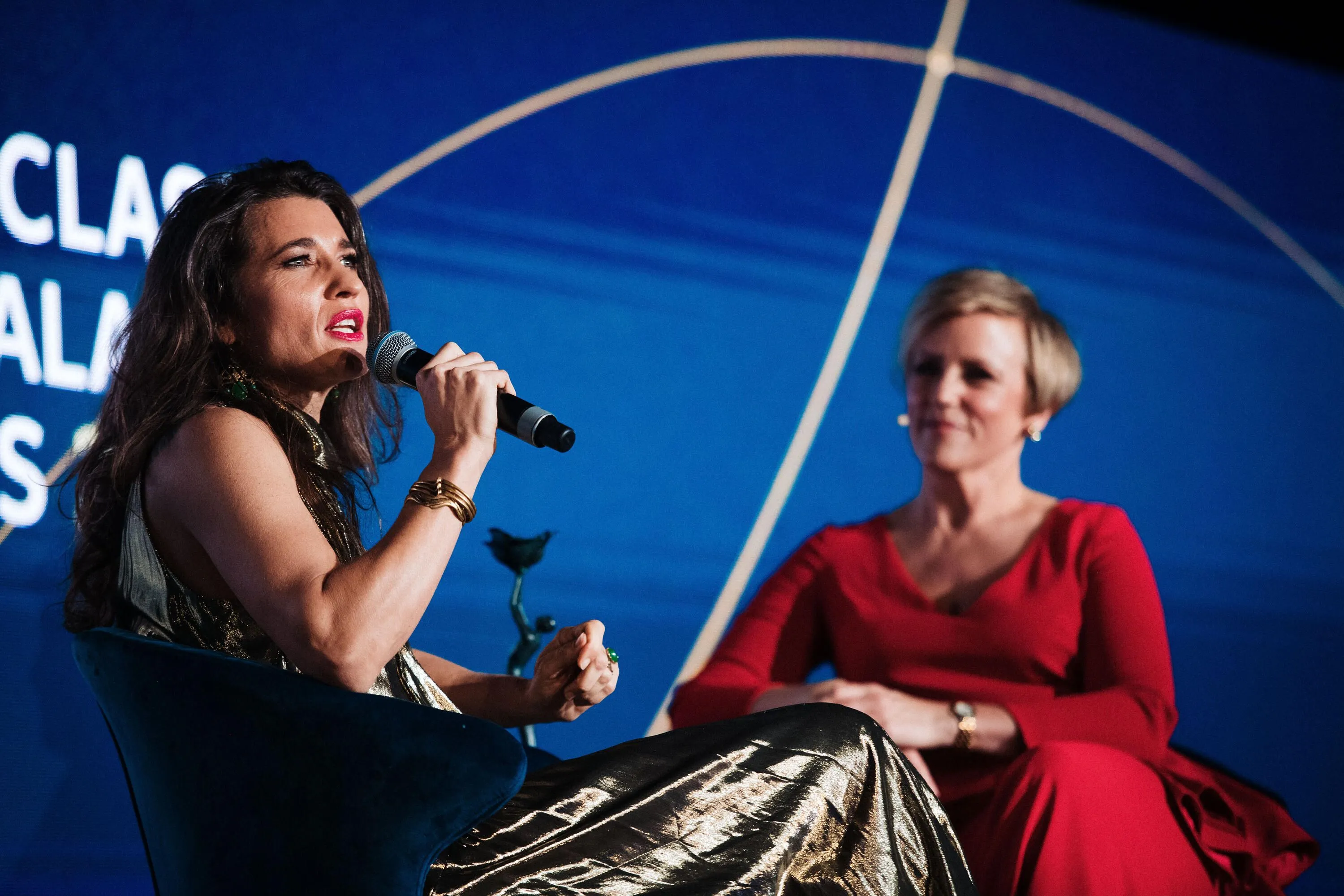
Making it to the top of your industry can be achieved by taking one of two directions; following the well-trodden path of others' success - or blazing your own trail.
The former was never going to be an option for Chelsea Winstanley.
Winstanley was honoured at the Kea New Zealand World Class Awards last week, recognising Kiwis who represent the country with acclaim overseas, alongside fellow creative, Black Grace driving force Neil Ieremia.
Internationally renowned for her work as a producer on the Academy Award-nominated Jojo Rabbit and the cult hit What We Do In The Shadows and a storyteller of local treasures with documentaries like Merata: How Mum Decolonised the Screen, Winstanley has always done things on her terms.
Strong roots
That stems from the outset of her career, where she won a Media Peace Award with her first film Whakangahau - a documentary made on her marae while still an AUT Communications student.
“It just solidified for me that what I wanted to say and what I wanted to talk about - which was really embedded in my culture and my roots - it actually mattered.”
Knowing who she is and what she stands for has never been an issue for the Mount Maunganui-born Winstanley.
“For me, I've always been interested in my Māori whakapapa. So first and foremost, I wouldn't categorize myself as a New Zealander, because I come from Aotearoa New Zealand.
“That's really important to me that I make that distinction because that's what grounds me. My career success, I think, has been directly attributed to those experiences, my whakapapa, what I'm connected to.”
Winstanley continues “I think I've always just wanted to say, ‘Hey, there's another perspective. And it's not always what we think the mainstream want to say about us’.
“I always want to be involved in creating more of an equitable place for Māori to participate in film and television - in all media.
“What's great is the world is, I think, genuinely interested in our point of difference.”
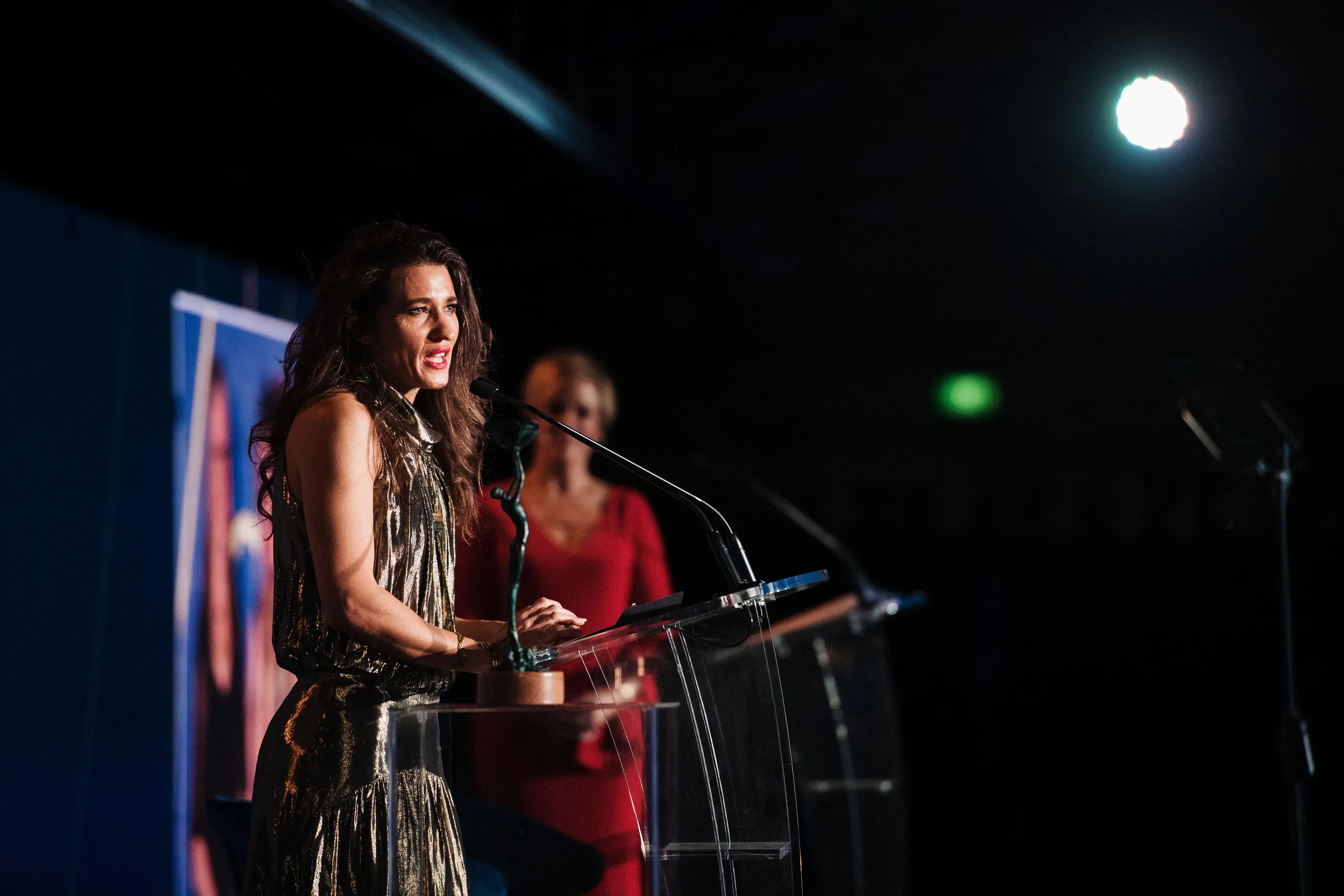
Chelsea Winstanley at the Kea World Class Awards. Photo: Supplied.
Winstanley aims that message far beyond just the silver and small screen.
“As people from Aotearoa New Zealand, we have a point of difference, because we have a really unique culture here.
“I mean that for Māori and Pākehā to embrace. We can all participate in what our unique culture in Aotearoa is. And the more we do that, the better we will be able to present ourselves.
“Imagine if we were a truly, truly bilingual partnership country that can show the rest of the world how it can live in harmony.”
Get your shit-sieve ready
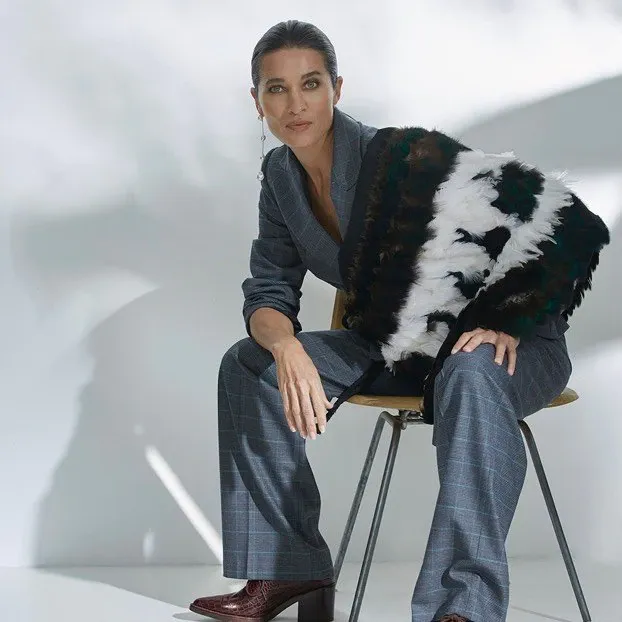
Chelsea Winstanley gracing the pages of Ensemble Magazine. Photo: Karen Inderbitzen-Waller/Delphine Avril Planqueel.
Winstanley is well placed to know the value.
She’s worked in partnership and been in meetings with some of the most influential and powerful media companies on the planet. As well as dealing with major motion picture studios, her documentary on film-making idol Merata Mita is available on Netflix.
She’s recently launched the LA and Aotearoa-based production company This Too Shall Pass — to tell "authentic stories with unique cultural perspectives".
On her time overseas, Winstanley reflects “Hollywood is a strange place. You have to have your shit filter out, literally. You're sieved, you're shit-sieved, in a way. You have to be constantly meeting people with that perspective, with that in mind. Because Hollywood attracts many different people there for the same reason, I guess to 'make it', or participate in that machine. You can quickly see it for what it is.
“In saying that, I met some incredible people, made some great connections. I have friends that I will have for life, I hope, out of going there, living there and seeing what it was like.”
World Class Wāhine Toa
Since basing herself back on home soil, Winstanley has contributed to the arts community with the documenting of the lauded Toi Tū Toi Ora exhibition at Auckland Art Gallery - and has several films due for release this year, including Night Raiders.
One of her main motivations is to empower and guide the way for female filmmakers. In what has traditionally - and remains - a male-dominated industry, Winstanley’s focus on helping women tell their own stories and find equitable ground in writing, producing and directing is something close to her heart.
“I knew that...I needed to lead by example,” Winstanley affirms.“I just knew that I had to take a chance - and I'm still taking a chance, I still freak out on a daily basis.
“I think at 40, I kind of made this internal call to myself and then a promise, I guess...just be really discerning about the projects I pick, the films that I want to be associated with, that they were going to uplift women, have women front and centre. To allow us to participate equally in the space, and provide an opportunity for my daughters to have confidence that they, too, can be the leaders of their own storytelling.”
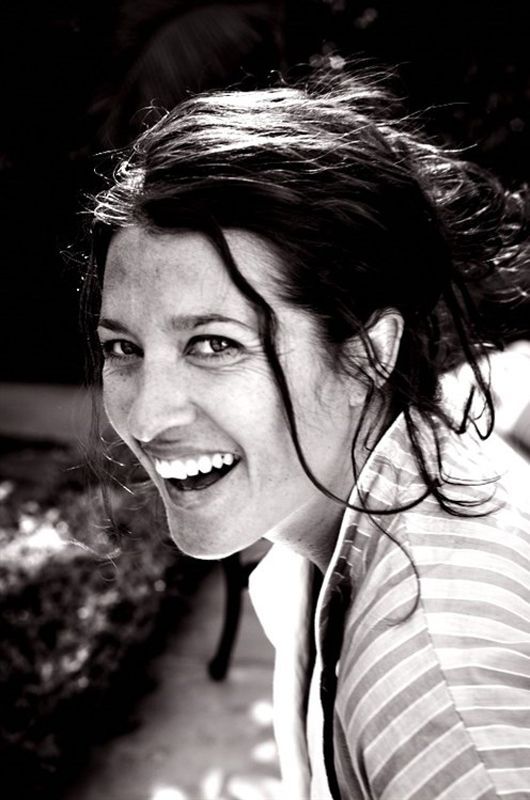
Chelsea Winstanley.
Winstanley also has a word of advice to those looking to take the next step.
“We have to be kind to ourselves too, to our brilliant female filmmakers coming through. Allow us to make mistakes.”
She adds “I think we're a nation of innovators, and I feel like we are always up for a challenge. Not just that, but we're really good storytellers.
“Sometimes I think we're too modest. And there's a fine balance... We think we're not allowed to celebrate ourselves, or only if they celebrate us overseas first, are we allowed to celebrate ourselves.
“We have to learn to be a bit better about celebrating one another.”
Winstanley and Ieremia join the likes of Sir Peter Jackson and Lady Fran Walsh, Sir Richard Taylor, Dame Kiri Te Kanawa, Cliff Curtis, Parris Goebel, Andrew Adamson, Karen Walker and Phil Keogan as creatives recognised at the Kea World Class Awards over the past 18 years.
